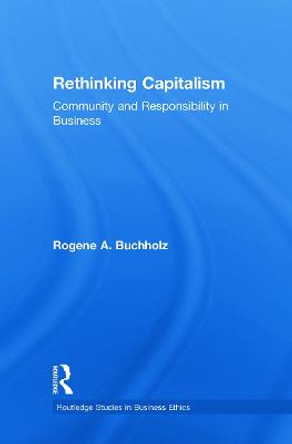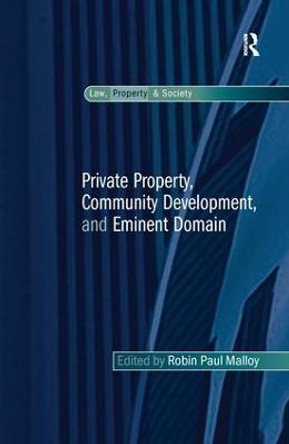Description
Buchholz suggests that in their experimental prose Gustav Landauer, Franz Kafka, Thomas Bernhard, and Wolfgang Hilbig each considered how the "void" of mass society could be the precondition for a new, anarchic form of community that would rest not on any assumptions of shared origins or organic unity but on an experience of extreme emptiness that blurs the boundaries of the self and enables intimacy between total strangers. This community, Buchholz argues, is created through the verbal form most closely associated with alienation and isolation: the monologue.
By showing how these authors engaged with the idea of community and by relating these contributions to an extended intellectual genealogy of nihilism, Private Anarchy illustrates the distinct philosophical and sociopolitical stakes of German experimental writing in the twentieth century.
About the Author
Paul Buchholz is an assistant professor in the Department of German Studies at Emory University.
Reviews
Through insightful analysis, Buchholz deepens our understanding of modernist and contemporary literature by focusing on monologues that both disrupt the framing assumptions of their audiences and gesture towards a new kind of community. Combining formal and historical approaches, this book broadly illuminates the power of literary innovation to reorient discussions of the social imaginary."" - Jeffrey Champlin, author of The Making of a Terrorist: On Classic German Rogues
Book Information
ISBN 9780810136625
Author Paul Buchholz
Format Paperback
Page Count 248
Imprint Northwestern University Press
Publisher Northwestern University Press
Weight(grams) 347g









